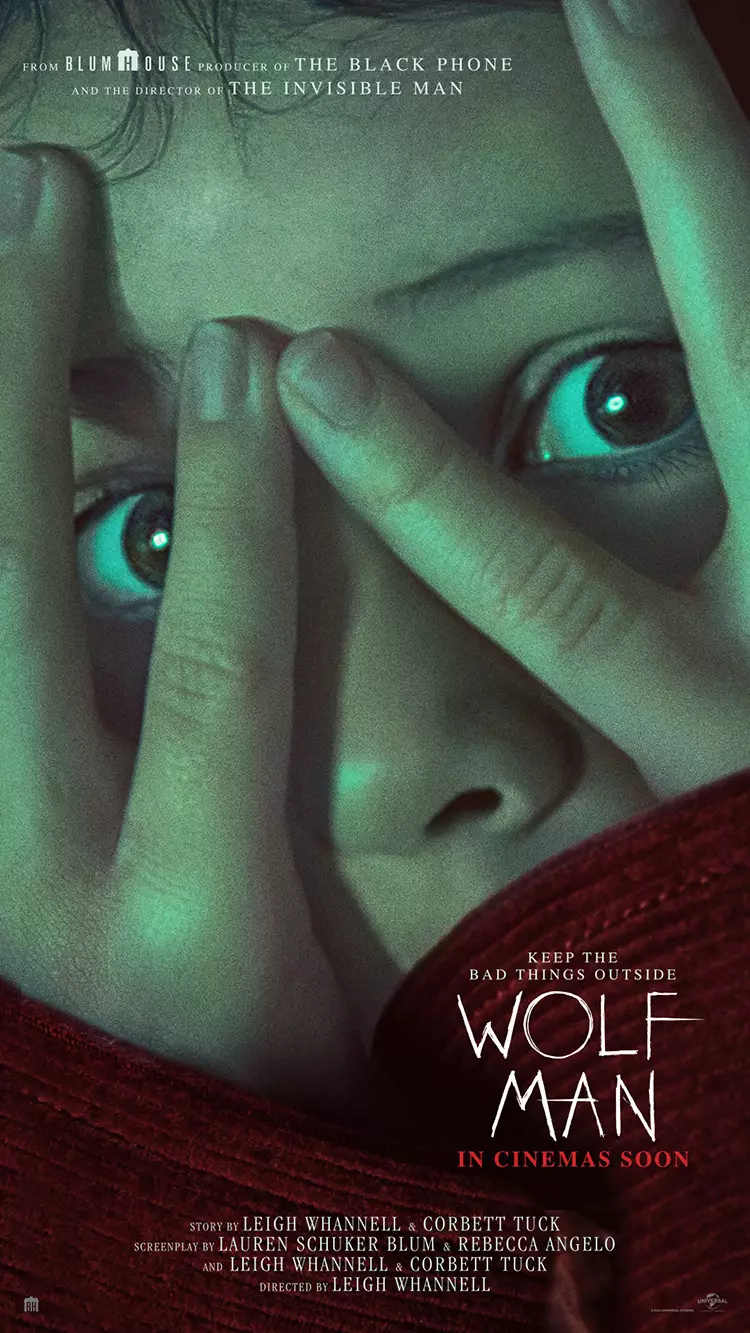Following a string of successful horror films, including “The Invisible Man” and “Upgrade,” writer-director Leigh Whannell returns to the silver screen, once again collaborating with Blumhouse Productions. This time, the focus shifts to a classic figure in horror lore: the werewolf. With the upcoming release of “Wolf Man,” Whannell seems poised to invigorate the genre while exploring the complex dynamics of family and fear in a modern context.
“Wolf Man” follows the story of Blake, a man grappling with the dual stresses of familial obligations and an unsettling legacy from his past. After his father’s mysterious disappearance, Blake inherits a secluded farmhouse in Oregon, which serves as the backdrop for the eerie events that unfold. The narrative is compellingly modernized; as Blake encourages his wife, Charlotte, to escape their urban life for a weekend getaway, it sets the stage for a tale fraught with tension. The fiery backdrop of their relationship, marred by urban pressures and personal conflicts, adds depth to the horror elements.
From the outset, the situation escalates dramatically. As Blake, Charlotte, and their daughter Ginger approach their new home under the cover of darkness, they are thrust into a primal battle for survival. An unseen creature signifies danger, forcing the family to barricade themselves within the farmhouse. This premise raises questions not only about the threat looming outside but also the potential horrors that may lie within Blake himself.
One of the film’s focal points is Blake’s metamorphosis. Unlike traditional werewolf narratives that often emphasize the physical transformation into a monstrous beast, Whannell appears to be crafting a character exploration that delves into psychological territory. The struggle with identity and the lurking threat of inner demons could serve as allegories for broader themes such as mental health and familial bonds. Charlotte’s internal conflict—whether to confront the monstrous reality before her or the potential menace emanating from Blake—will likely resonate with audiences who grapple with similar fears in their personal lives.
The casting choices for “Wolf Man” further heighten anticipation. The film features acclaimed actors such as Christopher Abbott and Julia Garner, who are both adept at conveying complex emotional landscapes. Their performance will likely elevate the story, offering audiences a rich tapestry of interpersonal dynamics set against a backdrop of horror. The involvement of experienced producers like Jason Blum ensures that the film will receive the creative support needed to bring this ambitious project to life.
Leigh Whannell’s “Wolf Man” stands as a bold reinvention of a classic horror archetype. By intertwining personal struggles with supernatural elements, the film promises to challenge traditional narratives while providing a fresh lens through which to view the werewolf mythos. As the anticipation builds for its release, audiences are left to wonder: what terrors await not only in the shadows outside but within ourselves? With Whannell at the helm, the journey into this dark realm is gearing up to be as thought-provoking as it is terrifying.

